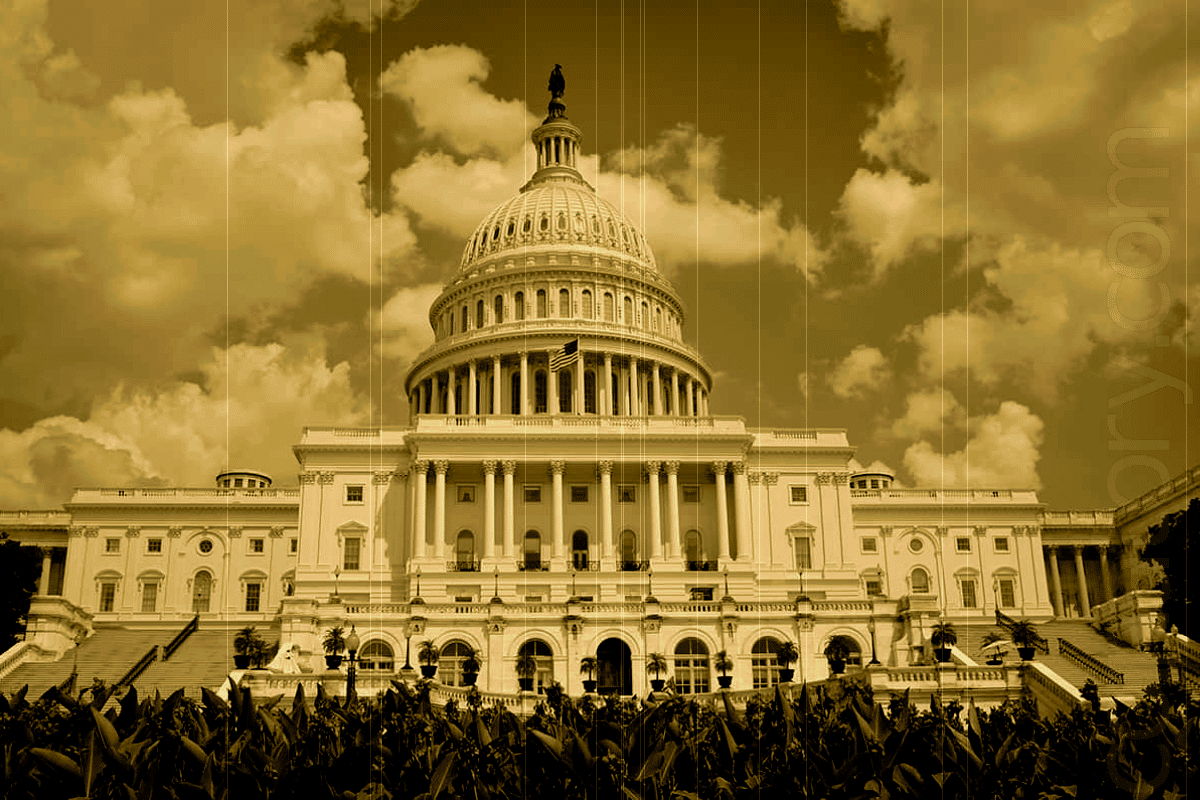
Twelve Democratic U.S. senators have introduced a detailed, seven‑pillar framework intended to shape forthcoming legislation governing the structure of the crypto market. Stressing the need for a deliberate, bipartisan process, the proposal aims to ensure a robust and lasting regulatory outcome.
In a joint statement released this Tuesday, the senators—several of whom serve on the Senate Banking Committee—called for clear “rules of the road” that both protect consumer interests and preserve market integrity. They emphasized the need for mechanisms that prevent digital assets from being used to enable illicit finance or enrich public officials and their families.
Their framework closely echoes the Republican draft released on September 5, particularly regarding regulatory clarity and defining how the SEC and CFTC would oversee digital assets. Still, it distinguishes itself with a markedly more ethical and consumer‑focused emphasis.
Among its proposals:
- Granting the CFTC authority over non‑security tokens and closing current spot‑market regulatory gaps.
- Implementing a formal mechanism to clarify whether digital assets are securities or commodities.
- Mandating plain‑language disclosures from issuers about governance, insider holdings, and use of proceeds.
- Directing the SEC to establish crypto‑specific rules addressing exchanges, brokers, custody, pricing, conflicts of interest, and DeFi.
- Enforcing AML and sanctions compliance by requiring platforms to register with FinCEN as financial institutions—even offshore and decentralized entities serving U.S. clients.
- Preventing corruption by limiting elected officials and their families from issuing, endorsing, or profiting from crypto projects while in office, and strengthening disclosure requirements.
- Ensuring adequate funding and staff for the SEC, CFTC, and Treasury to effectively uphold these regulations.
The framework explicitly targets the Trump administration’s approach to regulatory appointments: it criticizes President Trump for “firing countless Democratic commissioners from independent regulatory agencies” and failing to fill vacancies—particularly at the CFTC, which currently operates under Acting Chair Caroline Pham until the Senate confirms Brian Quintenz—highlighting the need for bipartisan institutional balance.
These Democrats now face an uphill battle: with Republicans in control, it remains uncertain whether their framework will influence the Senate’s timeline for passing a crypto market structure bill—expected out of the Banking Committee by October, the Agriculture Committee by November, and into law by 2026. Some senators who endorsed the earlier GENIUS Act—legislation to regulate payment stablecoins—may align with this broader regulatory push, but their support is not yet assured, particularly regarding provisions addressing corruption and ethical oversight.







